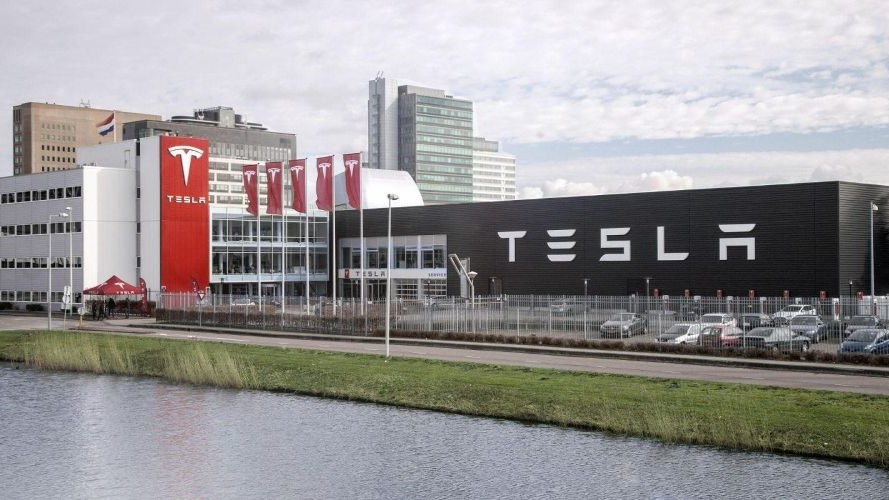The US National Highway Traffic Safety Administration (NHTSA) has concluded its investigation into over 100,000 Tesla Model X vehicles. The probe, which scrutinised front seat belt failures, was closed after Tesla implemented a recall to address the issue.
The NHTSA’s decision to close the investigation follows Tesla’s recall and procedural updates. These measures were deemed sufficient to mitigate the identified risks. However, the regulator has indicated that it retains the option to take further action if necessary.
The catalyst for the investigation
The NHTSA initiated its probe in March 2023 after receiving two complaints about front seat belt failures in Tesla Model X vehicles. The investigation initially covered 50,000 vehicles but was later expanded to more than 100,000 units. The complaints raised concerns about the integrity of the front seat belts, prompting a detailed examination by the safety regulator.
Tesla’s response
In response to the investigation, Tesla issued a safety recall in July 2023. The recall specifically targeted vehicles with potential front seat belt issues. Additionally, Tesla updated its procedures in June 2023. These updates required the first-row seat belt to be disconnected from and reconnected to its pretensioner anchor, addressing the root cause of the reported failures.
NHTSA’s official statement
The NHTSA acknowledged Tesla’s corrective actions in its official statement. “We are closing the investigation in light of the recalls and updates initiated by Tesla,” the regulator noted. The agency, however, emphasised that it may consider further actions if new evidence of safety issues emerges.
Importance of proactive safety measures
This case highlights the importance of proactive safety measures by automakers. Tesla’s swift action to issue a recall and update its procedures underscores its commitment to vehicle safety. Such actions not only address immediate concerns but also help maintain consumer trust in the brand.
Broader implications for the automotive industry
The resolution of this investigation has broader implications for the automotive industry. It serves as a reminder of the critical role that safety regulators play in ensuring the safety of vehicles on the road. Automakers are encouraged to maintain rigorous safety standards and respond promptly to any potential issues.
Tesla’s ongoing commitment to safety
Tesla’s response to the NHTSA’s probe reflects its ongoing commitment to safety and regulatory compliance. By addressing the seat belt issue promptly, Tesla has demonstrated its dedication to ensuring the safety of its customers. This incident also illustrates the company’s willingness to collaborate with regulatory bodies to resolve safety concerns.
Future vigilance by NHTSA
The NHTSA’s closure of the investigation does not mark the end of its vigilance. The agency has made it clear that it will continue to monitor the situation and take further action if needed. This ongoing oversight is crucial to maintaining high safety standards in the automotive industry.
The impact on Tesla’s reputation
Tesla’s proactive handling of the seat belt issue may positively impact its reputation. By swiftly addressing safety concerns and working closely with regulators, Tesla reinforces its image as a responsible automaker. This approach not only helps in retaining customer trust but also sets a positive example for the industry.
The NHTSA’s closure of the probe into Tesla Model X vehicles signifies a successful resolution of the seat belt issue. Tesla’s recall and procedural updates have effectively addressed the identified risks. This case underscores the importance of proactive safety measures and regulatory compliance in the automotive industry. It also highlights the NHTSA’s crucial role in safeguarding vehicle safety.



